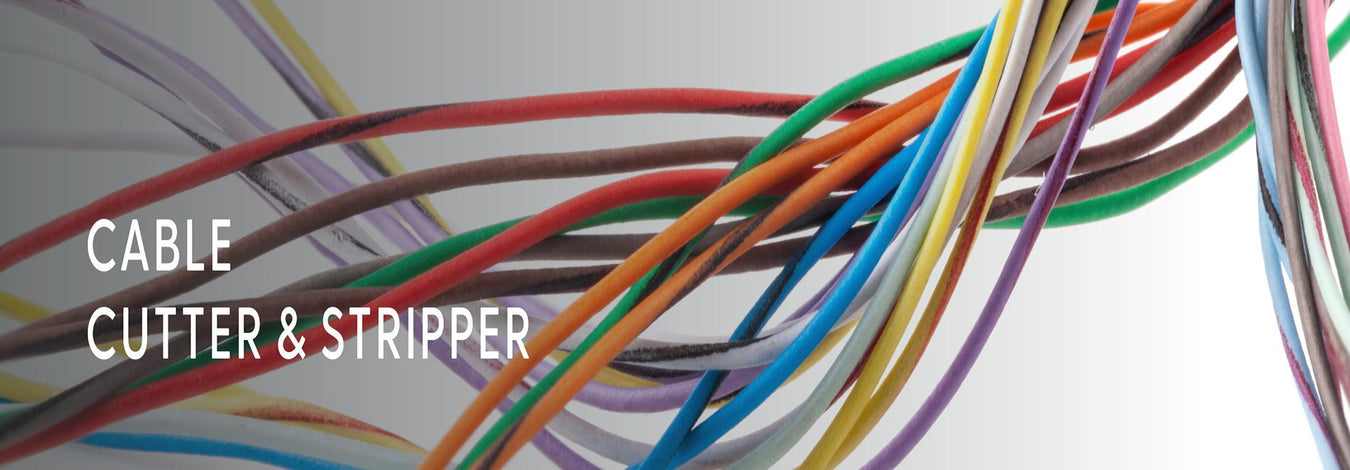
Can I Use Press Fittings on HVAC?
For a long time, soldering and blazing has been the standard method for connecting pipes (mainly copper) on HVAC systems. As a result, when press fittings were introduced in the market, most professionals were skeptical about the technology and its suitability in HVAC applications. But are press fittings that new in the plumbing industry? No, they have been used in Europe for decades and continue to be a success.
Can I use press fittings on the HVAC? Yes, press fittings can be used in HVAC applications and create reliable and leak-free connections that can handle high temperatures and pressure. For this reason, a good number of contractors and professionals in the HVAC industry have extensively adopted press fittings.
Why Press Fittings are a Good Connection Alternative to be Used on HVAC Applications
1. Fast and easy installation
Making pipe connections using press fittings only takes seconds, resulting in increased speed on installations. Compared to other options like soldering, pressing saves time for the professional doing the work and their client. Learning how to install press fittings is relatively easy and takes a short period.
In addition to the fast installation, press fittings help you achieve consistency (especially when using an appropriate tool) when creating multiple connections.
2. Safer option
Working on HVAC systems exposes you to some environmental, chemical and mechanical hazards. For instance, when working on HVAC’s copper lines and you opt to solder, you’ll be exposed to chemicals, fumes, and a high risk of burns. Consequently, you may be required to obtain fire permits before working in particular buildings, which is time-consuming.
On the other hand, using press fittings doesn’t expose you to excess risk like soldering does. Besides, it has fewer health concerns for the users.
3. Proven reliability
A few years ago, most professionals hesitated to use press fittings in HVAC work because they were not confident about how they would perform in terms of holding pressure and temperature changes. Currently, there is assurance that press fittings make reliable and long-lasting joints in HVAC systems.
A report from the ASHRAE Research Projects (RP-1808) suggests that press-connect fittings are among the most reliable methods for joining refrigerant pipes. It also outlines these fittings are 400% tighter than a standard seal joint as per ISO standard 14903.
4. Easier to work within confined spaces
Press fittings are easy to install even in tight spaces since fewer components are involved, and working with a press tool is quite flexible (most tools make a 360-degree jaw rotation).
5. Availability of a wide range of press tools, jaws and fittings options
Press fittings have gained popularity among many professionals working in the plumbing and HVAC industries. As a result, manufacturers have worked to make various press tools designed with optional interchangeable jaws that work perfectly on HVAC pipes. Consequently, that allows you to use a single tool to work on press fittings of various sizes.
A good example is iCrimp. It makes the IWS-1632AF C&DT Copper Pressing Tool Kit which is compatible with a wide range of copper press fittings in the market.
But here is the kicker, the iCrimp IWS-1632AF-ZL-7 Copper Press Tool is explicitly designed for ZOOMLOCK refrigerant and HVAC press fittings. The latter also comes with interchangeable jaw sets.
Final Thought
Using press fittings on HVAC projects is no longer for most professionals, and the awareness is growing in a great way. Over the years, this particular type of connection has proven to be reliable, safe, and easy to install. When comparing press fittings to other HVAC copper joining methods like brazing, pressing takes less time and effort, and you can easily achieve consistency when working on multiple connections.
If you want to try press fittings on your next project, check out iCrimp’s catalog for the best and most versatile pressing tools.
References





